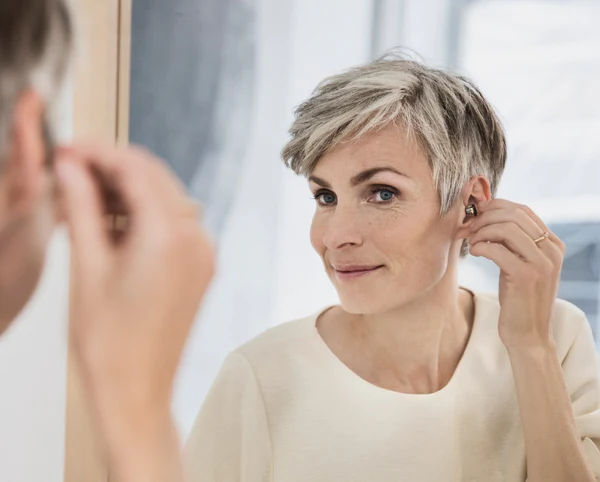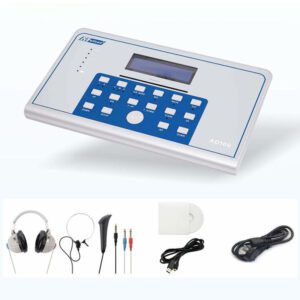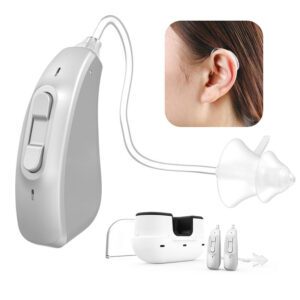Understanding the Importance of Protecting Residual hearing
When a person begins to experience hearing Loss, various challenges in daily listening arise. For instance, you may struggle to hear family members calling from the next room or find it difficult to listen to the TV clearly.
Without the assistance of hearing Aids, individuals with hearing impairments can only perceive sounds that exceed their level of hearing loss, such as loud shouts or excessively amplified television noise. In these situations, they rely heavily on their remaining hearing capacity.
Although the initial impact of hearing loss might seem manageable, taking proactive steps to protect the residual hearing is crucial for long-term auditory health.
Timely Use of hearing Aids
One of the most effective ways to preserve residual hearing is to start using hearing aids as soon as hearing loss is detected. Early intervention through hearing tests and the prompt use of hearing aids can prevent further deterioration of hearing.
Hearing aids stimulate the auditory nerves, optimize the use of residual hearing, and prevent the brain from reallocating the neurons responsible for hearing to other functions.
While it’s normal to feel some discomfort when first using hearing aids, maintaining close contact with your audiologist for adjustments can help tailor the devices to your specific needs and maximize their benefit.
The Advantages of Wearing Two Hearing Aids
If you have hearing loss in both ears, it is highly recommended to use hearing aids in both ears. Doing so ensures that you can hear a wider range of sounds, making the listening experience more natural and balanced.
Additionally, using hearing aids in both ears helps preserve the residual hearing in each ear. In contrast, using a hearing aid in only one ear may result in the untreated ear not receiving enough auditory stimulation, potentially accelerating the loss of hearing in that ear.
Minimizing Noise Exposure to Protect Hearing
Exposure to loud noises can significantly damage the hair cells in the inner ear, leading to noise-induced hearing loss. To protect your remaining hearing, it is essential to limit exposure to loud environments.
For instance, when using headphones, adhere to the “60-60” rule: keep the volume below 60% and limit listening time to no more than 60 minutes.
Moreover, avoid using headphones in noisy settings where you might unconsciously increase the volume. If listening to music in such environments is unavoidable, consider investing in a good pair of noise-canceling headphones to reduce the need for higher volumes.
Adopting a Healthy Diet for Hearing Protection
Numerous studies have shown that a diet rich in vitamins and minerals can improve blood circulation in the inner ear, reduce free radical damage, and help protect hearing.
Consuming foods high in vitamin C, such as dark green leafy vegetables, kiwis, and citrus fruits, can delay the aging of inner ear hair cells and the progression of hearing loss.
Additionally, ensuring an adequate daily intake of potassium, found in foods like potatoes, spinach, almonds, and bananas, can help prevent age-related hearing loss.
It is also advisable to avoid smoking and excessive drinking, as these habits are detrimental to both overall health and hearing.
Take Action to Preserve Your Hearing
If you notice any signs of hearing loss, it is vital to take action promptly. Wearing hearing aids is one of the best and wisest decisions you can make to protect your residual hearing and maintain your quality of life.



